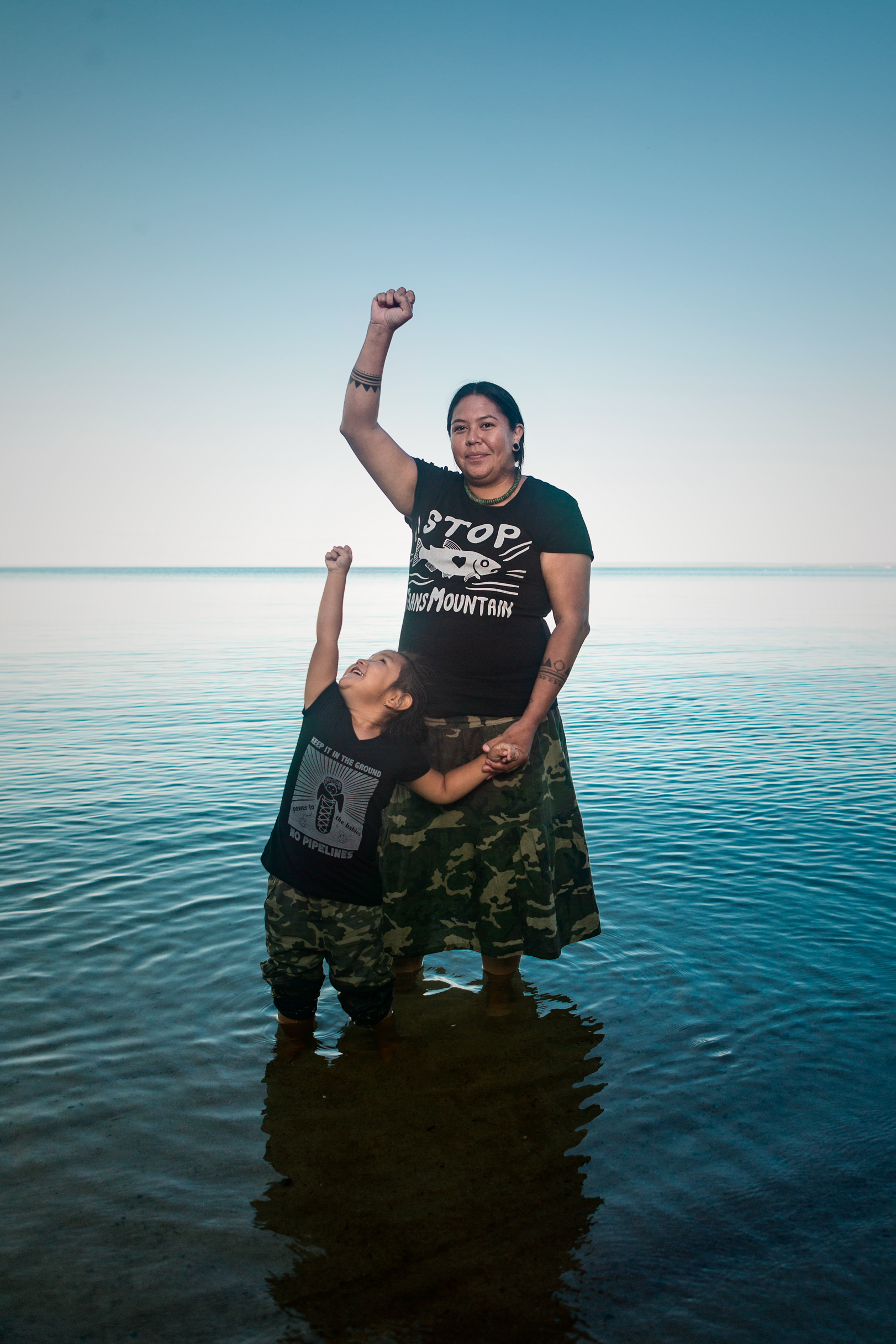Image by Tomás Karmelo Amaya
In March 2022, visionaries, change makers, artists and storytellers gathered virtually for a day of reflecting and manifesting a path to create change through images, ideas, ceremony and community at the Future of Storytelling Summit, hosted by Photographers Without Borders.
What is the future of storytelling?
The most striking thing about this event were the ideas that were shared and cultivated in the space.
Ever-present was the notion of knowing nothing of the future without understanding the past and present. Together, participants were taken on a journey through the inner to outer dimensions of existence. In a quantum reality, the future is now. This means we have the constant possibility of creating authentic, heart-centred expressions in the now of what the future will be.
Decolonization as a process helps facilitate the process because it acknowledges the harm of colonization and seeks to find ways of dismantling and recreating. Understanding where we come from is the first step in decolonizing ourselves, and thus our practices. We are creating it through meaningful connections and collaborations. We are creating it by healing our inner and outer worlds.
Below are 5 major insights from the summit about how we as storytellers can contribute to creating a future that is workable for everyone: authenticity, decolonization, introspection, collaboration and healing are the future of storytelling.
Meet the Revolutionary Storytellers awarded in 2022.
Collaboration The future of storytelling is genuine co-creation; abandoning the one-sided role of director to integrate those whose stories we’re sharing into the process.
Image by Josué Rivas
In his talk entitled The Healing Power of Collaborative Portraiture, Mexica and Otomi artist Josué Rivas shared that his process begins by getting real and vulnerable with the participants in his projects. “We have to tap into the truth of our own struggles…If we share in a healthy and safe manner, people can relate.”
Josué Rivas embodies this approach with his portraits; he invites participants into his “photo booth” to have intimate conversations about their visions and values and gives them control of the shutter. In post-production, they imbue their emotions into the image with words and design; they portray themselves as they wish.
Josué’s process is what makes his images to visually impactful and stunning. We highly recommend watching the full talk.
2. Decolonization Decolonization starts with ourselves. Colonialism has been harmful to not only human beings—oppressors and oppressed alike—but to the environment. The IPCC recently named colonialism as a main driver of climate change. Through a colonized mindset developed through the conditioning of capitalism and other elements that are related to the projects of colonialism, we are taught that extraction, entitlement, and exploitation are key elements of success. These elements are often transferred into the storytelling world, particularly in the realm of photography where peer dynamics are often skewed, especially when operating in foreign countries or cultures. Therefore it can be helpful to adopt a decolonized mindset when it comes to this practice.
Image of Larissa Crawford by Rose and Range Photography
Métis-Jamaican entrepreneur Larissa Crawford planted seeds for thought to break free from these oppressive structures in her discussion Future Ancestors. By rejecting oppressive, colonial concepts such as the five-day workweek and prioritizing deadlines over health, Larissa has adjusted her definitions of “success” to find her way back to the land, in-turn challenging frameworks meant to systematically keep Black and Indigenous peoples from freedom. Her talk can be seen as well.
3. Introspection Connecting with our truth to share stories that are ours to tell.
Image by Sianeh A. Kpukuyou
In the panel discussion Black Women Photographers on the Future of Storytelling, New-York based Brittany Franklin and Sianeh A. Kpukuyou from Ghana reflected on the gaps they identified in the storytelling space and recognized within themselves how they could meaningfully fill the voids. Seeing the misalignment between her previous job and her desire to genuinely help others, Brittany found her voice in sharing stories of culture and communal joy. Sianeh felt firsthand the lack of representation in the photography industry and set out to celebrate the beauty of dark complexions, similar to her own, through her images.
Felipe Pykyba Duarte Cely
In Becoming the New People, Muisca musician and healer Felipe Pykyba Duarte Cely spoke of the traditional collaboration between the Muisca peoples and nature. For the Muisca, rocks, trees, the sky, are people in their own right and shamans or governors interpret their desires. Land could not be built on unless the elements were in alignment. It is this type of true collaboration that will lead to harmony.
5. Healing It’s time to foster an environment of care for all beings; a culture of safety and acceptance where we can heal our inner and outer worlds.
In his Healing Through Stories presentation, A:shiwi, Rarámuri, and Yoeme creative Tomás Karmelo Amaya spoke to how portraying the abundance of his community–the ceremonies, songs, laughter and stories–has helped to foster healing, rather than focusing on the deficit. By infusing as much love and intention into each of his creations, his images, poetry and films have provided viewers the opportunity to feel grief, joy, strength and peace.
When we live and breathe these values; when we see our storytelling partners as collaborators instead of “subjects;” when we reclaim natural ways of being and walk in relation with the earth; when we look within to find our truth; when we collectively heal…we are creating and embodying the future of storytelling.
Shayla Oulette Stonechild
““Each of us are here for a specific purpose, with specific abilities, with specific tools that are needed for humanity’s healing and ascension.” –”
You can watch the full summit on our community platform when you become a member.











